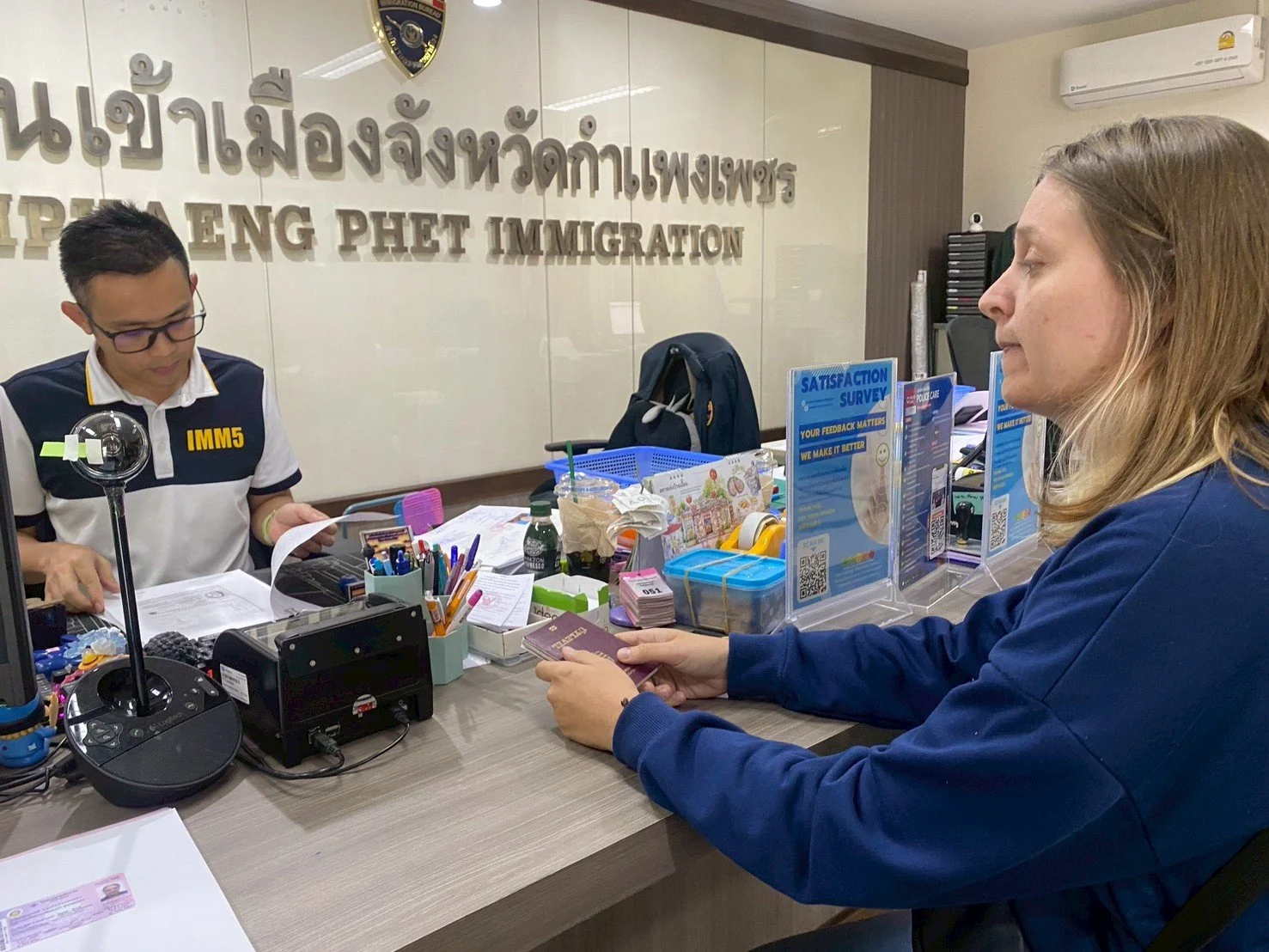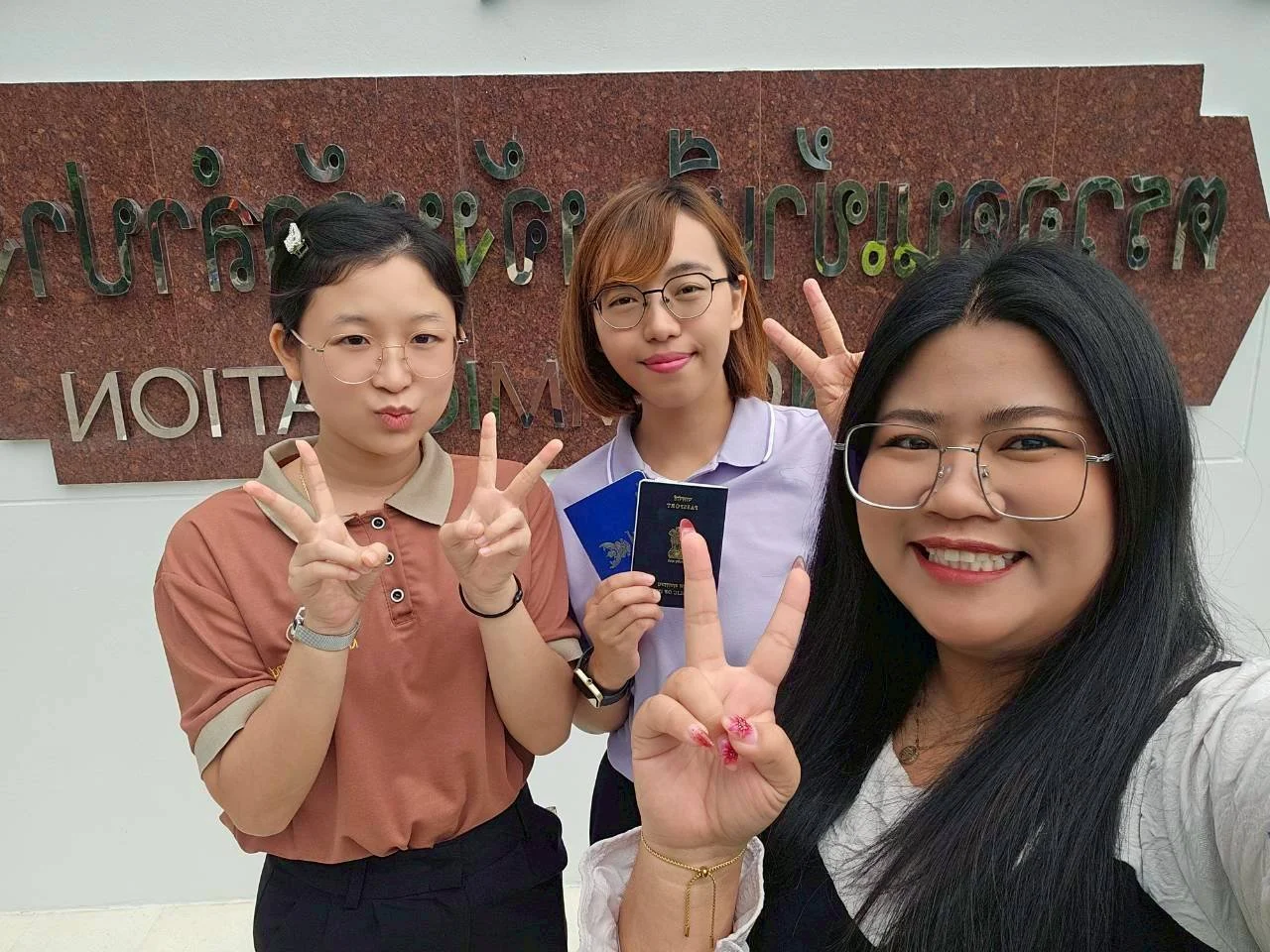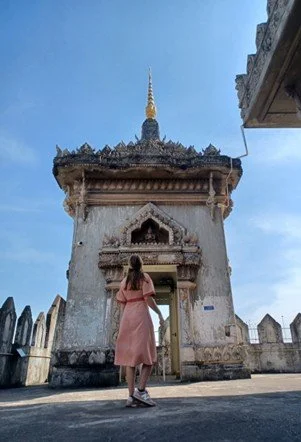Thailand Teachers’ Day: Guide for Foreigners — KET
Teachers Day in Thailand, celebrated every January 16, is a heartfelt holiday honoring the teachers who mold Thailand’s future. This is not to be confused with Wai Kru Day in June, which is Thailand’s Teacher Appreciation Day.
Known as Thai Teachers Day or National Teachers Day, it reflects Thai culture’s profound respect for educators, driven by the Ministry of Education to spotlight their teaching dedication.
Let’s explore this special day’s roots, rituals, and role in Thai society.
The Birth of Thai Teachers Day
Teachers’ Day in Thailand began on January 16, 1945, when the Teachers Act was etched into the Royal Thai Government Gazette.
This pivotal law formalized educators’ roles, leading the Secretariat Office of the Teachers’ Council of Thailand to launch the holiday in 1957 at the National Stadium.
In 1996, the orchid became the teacher’s day symbol, inspired by M.L. Pin Malakul’s poem, a former Minister of Education (1957–1969), blooming as a tribute to teachers’ grace and strength.
Thai people cherish this day in Thailand as a moment to honor their mentors.
A Break from the Classroom
Unlike a typical school day, January 16 halts lessons; students stay home, and teachers pause teaching.
Thai schools instead host faculty events, where homeroom teachers bond over activities, sharing laughs and stories.
Called Wan Kru, this holiday differs from the Wai Kru ceremony of June or July, emphasizing policy-driven teacher appreciation over student rituals.
It’s a subtle yet deep nod to the education system’s unsung heroes, letting teachers reflect on their impact.
Teachers as Nation-Shapers
In Thailand, teachers are pillars of society, revered as nation-builders.
The Thai saying “Kru Kue Mâe-Pim Kăwng Châad” (“Teachers mold the nation”) captures this, with Thai society viewing them as mentors who instill discipline, knowledge, and values in students.
Beyond the class, homeroom teachers guide personal growth, making Teacher’s Day a nationwide salute to their importance.
The Ministry of Education ensures this gratitude resonates across the country.
Orchids and Gratitude
The orchid, a teacher’s day emblem, blooms in Thai culture as a sign of gratitude.
On January 16, students and communities may offer flowers less formally than the Wai Kru ceremony to honor Thai teachers.
These gifts, often orchids, echo the Thai people’s tradition of letting students express appreciation, underscoring how teachers shape lives.
It’s a quiet teacher appreciation gesture, distinct yet tied to Wai Kru’s floral tributes.
A Teacher’s Memory
I recall a Teachers' Day event with Kids English Thailand in Sukhothai, where teachers gathered not for class, but for a chance to connect.
No students roamed the school; instead, we sipped coffee, swapping tales from our school year.
It lacked the Wai Kru ceremony’s grandeur, no flowers or chants, but the community’s respect was tangible.
This special day lets us recharge, reflect on our teaching, and feel the quiet honor of our role in education.
A Broader Reach
Thai Teachers Day isn’t just for high schools; it celebrates all teachers, from English teachers to vocational instructors.
The Teachers Act champions this inclusivity, recognizing their role in fostering learning and unity across Thailand.
Whether in bustling Bangkok or rural Thai schools, teachers unite the country on this day in Thailand, highlighting education’s universal value in society.
Join the Celebration: Teaching in Thailand
Foreign English teachers get a front-row seat to Teacher’s Day through programs like Kids English Thailand.
This holiday blends professional growth with cultural immersion, letting you join a country that treasures its teachers.
Every January, you’ll feel the shared respect that comes with the chance to teach, learn, and be part of Thai culture’s teacher appreciation.
Students express their thanks indirectly through this day’s spirit, making it unforgettable.
Conclusion: Honoring a Legacy
Teachers Day in Thailand transcends a mere break; it’s a national teachers' day celebrating teachers’ enduring legacy.
From the Royal Thai Government Gazette to every school, it weaves Thai society with respect and gratitude.
Whether you’re a teacher or a visitor, January 16 opens a window into Thailand’s soul, a day in Thailand where education shines, and teachers are the stars.
Final Thoughts
We hope this post has inspired and empowered you on your teaching journey in Thailand!
Kids English Thailand is here to support you with tips, insights, and resources to make your experience truly amazing.
Want to dive deeper or have questions?
Check out our related posts below, or connect with our community of educators making a difference in Thailand.
Let’s keep thriving together!





















The paper "Blue Book" is dead.
📵 As of January 28, 2026, Thailand has fully transitioned to the mandatory digital e-Work Permit system. 🛂
This veteran-verified roadmap covers the mission-critical shifts you need to know:
✅ The 12-minute biometric Iris Scan
✅ Mandatory ThaID App verification
✅ Real 2026 government fee breakdowns
Join the 20+ teachers we’ve successfully deployed in 2026 so far. 🚀